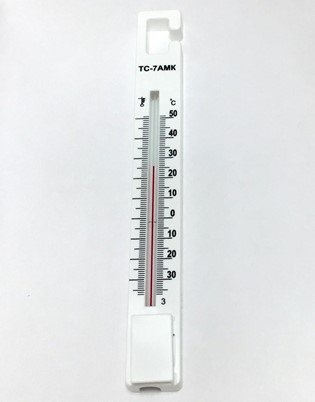CNN learns of Iran's easing of demands for the restoration of the nuclear

Iran has abandoned its demand for the lifting of US sanctions on the Islamic Revolutionary Guard Corps (IRGC), which was one of the main obstacles to the restoration of the deal under the Joint Comprehensive Plan of Action (JCPOA), CNN reported, citing sources.
At the same time, according to CNN sources, Iran wants to achieve the inclusion of a compensation clause in the JCPOA agreement in case the US withdraws from the nuclear deal again. This requirement, according to the interlocutors of the channel, "may slow down the process, but now there seems to be more momentum than last year."
The Politico newspaper previously reported that the European Union at the talks on the JCPOA made a proposal to ease sanctions against the IRGC. At the same time, US special envoy for Iran Rob Malley told the publication that Washington does not change its standards or rules when it comes to applying sanctions.
The Islamic Revolutionary Guard Corps is an elite special unit of the Iranian armed forces, created in 1979 from paramilitary units of the Islamic Revolutionary Committees.
Since 2017, the IRGC has been on the US sanctions list, which implies that the organization carries out terrorist activities or provides support to terrorists (SDGT, Specially Designated Global Terrorist).
As sources have previously clarified to Al Jazeera, the EU proposal to restore the JCPOA provides for the lifting of sanctions against 17 Iranian banks and 150 economic entities, the lifting of the ban on the export of Iranian oil (120 days after the signing, Tehran will be able to export 2.5 million barrels of oil daily), and also the return to Tehran of $7 billion of frozen Iranian funds.
How the resumption of the Iranian nuclear deal will affect Russia Politics
In 2015, Iran, the United States, Russia , France, the United Kingdom, Germany and China signed the Joint Comprehensive Plan of Action. The states participating in the deal agreed not to impose sanctions against Tehran in exchange for its refusal to develop nuclear weapons, limit the degree of uranium enrichment and access of IAEA inspectors to Iran's nuclear facilities.
Washington in 2018 during the presidency of Donald Trump withdrew from the deal, citing Tehran's violation of the agreements. Iran responded by enriching uranium above the permitted level.
In the fall of 2021, US President Joe Biden announced his readiness to return to compliance with the terms of the nuclear deal if Iran takes similar steps. Negotiations between the parties took place in Doha at the end of June, but the parties failed to reach an agreement. According to the Iranian agency IRNA, Iran considered the approach of the West to the negotiations "inadequate".
On August 16, Mikhail Ulyanov, Russia's permanent representative to international organizations in Vienna, said that the parties could revive the deal in the coming weeks. “The deal could take place as early as this week. Yesterday's development of events shows that this can indeed happen. Well, if not on this one, then on the next one, but in the near future, ”he said.



























































